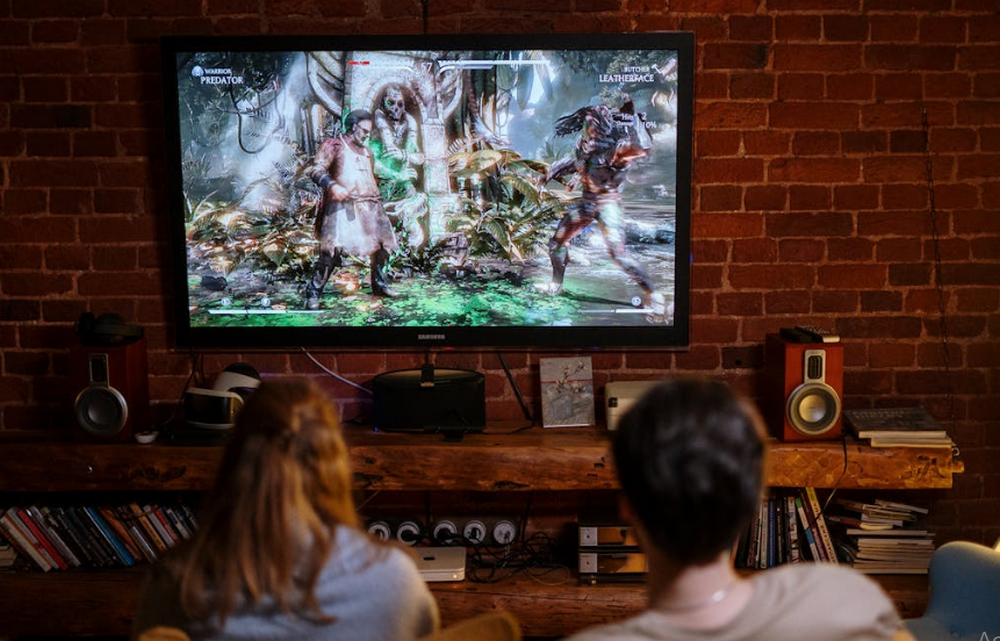Video games have undeniably become a ubiquitous part of modern culture, but along with their popularity comes concerns about their potential negative effects on individuals, particularly on mental and physical health. Let’s explore some of these concerns and delve into the darker side of gaming.
Impact on Mental Health
One of the most prominent concerns regarding video games is their potential impact on mental health. Excessive gaming has been associated with various psychological issues, including addiction, anxiety, and depression. For some individuals, gaming can become a compulsive behavior that interferes with other aspects of life, such as work, school, and relationships. The immersive nature of video games, combined with the escapism they offer, can exacerbate feelings of loneliness and isolation, particularly in vulnerable individuals.
Violence and Aggression
Perhaps the most controversial aspect of video games is their portrayal of violence and its potential effects on behavior, especially in children and adolescents. Numerous studies have found correlations between exposure to violent video games and increased aggression, desensitization to violence, and reduced empathy. While the debate over whether violent video games directly cause real-world aggression is ongoing, there is growing concern about the long-term impact of repeated exposure to violent content, particularly in young and impressionable minds.
Physical Health Risks
Another downside of excessive gaming is its impact on physical health. Prolonged periods of sedentary behavior, often accompanied by poor posture and repetitive movements, can lead to a range of health problems, including obesity, musculoskeletal disorders, and eye strain. Moreover, the blue light emitted by screens can disrupt sleep patterns and contribute to insomnia, further exacerbating health issues.
Social Isolation and Relationship Strain
While gaming can provide opportunities for social interaction and community building, it can also lead to social isolation and strained relationships, particularly when gaming becomes all-consuming. Excessive gaming can alienate individuals from friends and family members, as they prioritize virtual interactions over real-world connections. Additionally, conflicts may arise within families and friendships over differences in gaming habits and priorities.
Cognitive Impairments
Contrary to the belief that gaming improves cognitive abilities, excessive gaming may actually impair certain cognitive functions, particularly attention and impulse control. The constant stimulation and reward mechanisms inherent in many video games can lead to difficulties in focusing attention and regulating impulses in real-world settings. Moreover, excessive screen time can interfere with the development of critical thinking and problem-solving skills, as individuals may rely on instant gratification rather than engaging in sustained, effortful tasks.
Conclusion
While video games offer countless opportunities for entertainment, education, and socialization, it’s important to recognize and address their potential negative effects. From mental health concerns and increased aggression to physical health risks and social isolation, the impact of gaming extends far beyond the virtual realm. By promoting awareness, moderation, and responsible gaming habits, we can mitigate the negative effects of video games and ensure a healthier balance between virtual escapism and real-world engagement.

